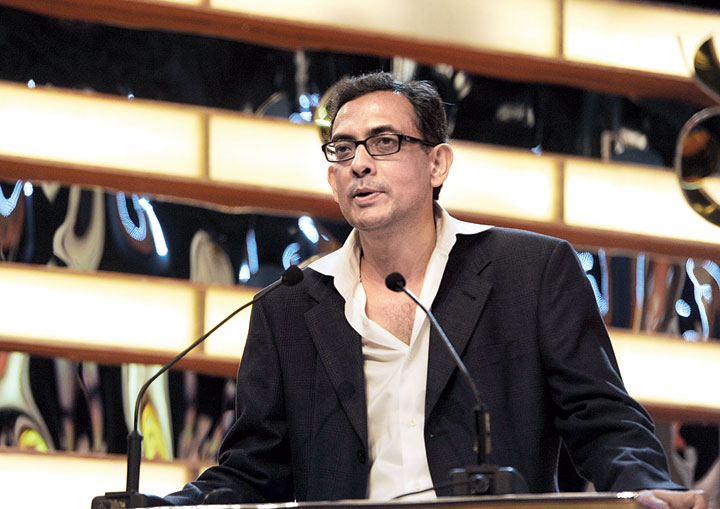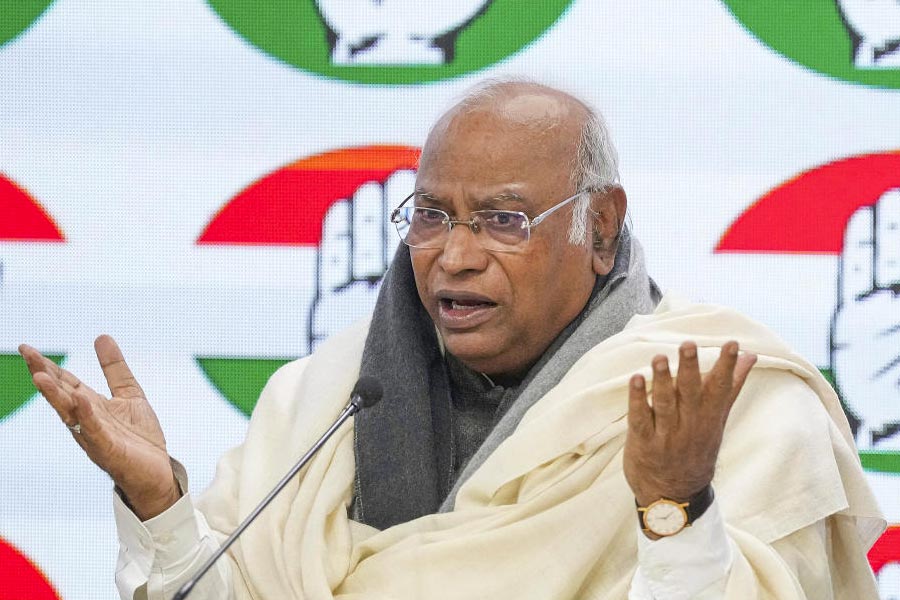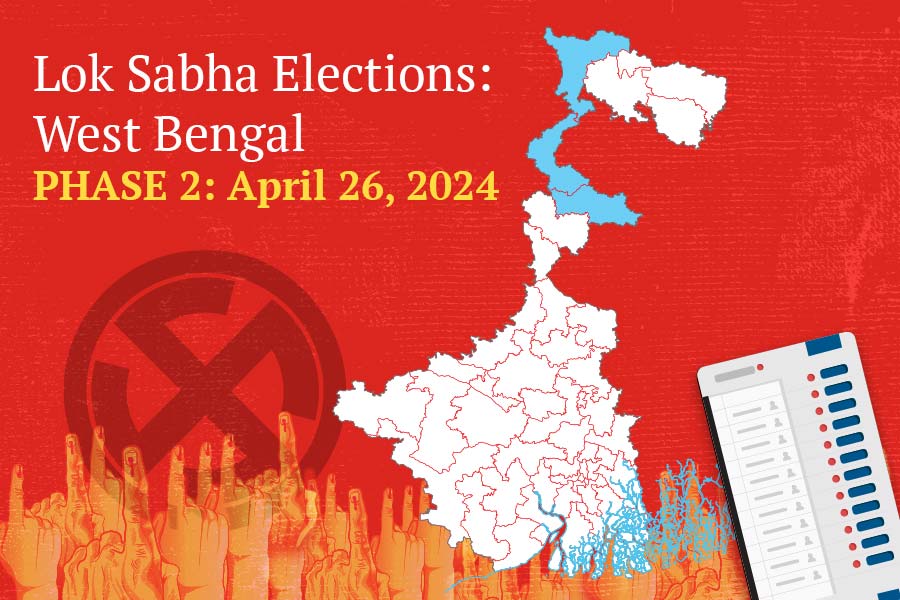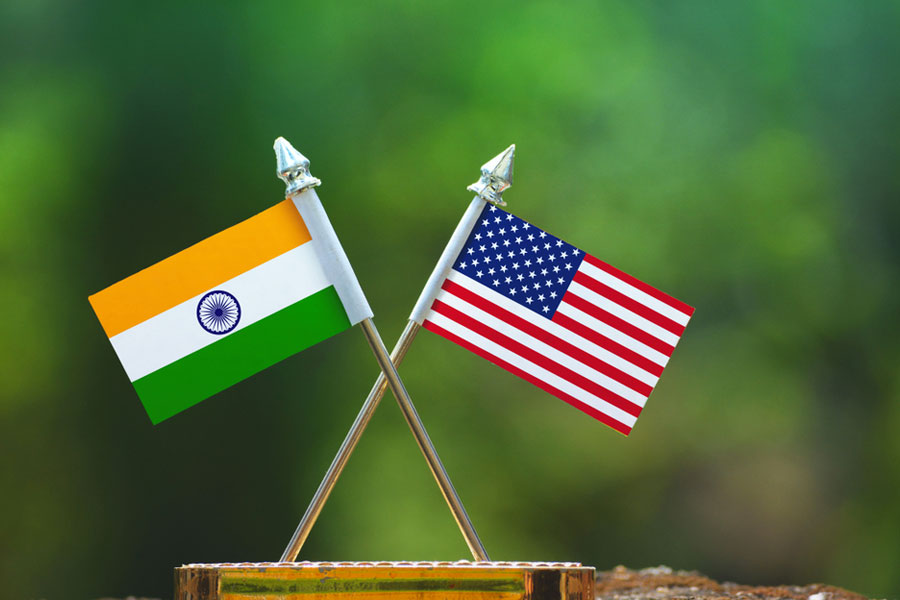2011
What was the trigger for the book Poor Economics (co-authored with fellow MIT professor Esther Duflo)?
Abhijit Vinayak Banerjee: We have been doing this work for 15-odd years…. At some point you feel there is some value in trying to draw out what this means for the bigger picture. Otherwise, you keep doing one thing after the other and you don’t have the time to actually draw broader implications out of what you are doing. That is the way we academicians work, where we study one thing and then we study the next thing.
What is the big takeaway from the book?
The big takeaway from the book is, don’t worry about big takeaways…. The last chapter of the book is called In Place of a Sweeping Conclusion. That’s deliberate. That’s the main message of the book. There are really a hundred different problems and we have to solve one at a time. If we pay attention to what that specific problem is and think hard about it, maybe we will get somewhere with it. There is no reason to think that the solution to problem A will necessarily give you a solution to problem B.
In our country, the policy-makers try to address problems with one big solution. Say, for example, the use of the public distribution system (PDS). What are your views on it?
I think the debate over PDS misses several key points…. There are two separate things that are being tried to be achieved through the PDS. One is to increase the general standard of living of the people and the other is to actually get them to have better nutrition. I think the problem of better nutrition is unlikely to be solved by PDS….
The priorities of most poor people are not necessarily better nutrition. They are interested in cellphones, better tasting food, etc. Like the rest of us. So, if you give them some amount of subsidised or free grains, they may just buy less grains from the market. They will not necessarily end up eating more. Indeed, it might even be that they will eat less. The idea that nutrition can be improved by dumping grain on people ignores all the evidence that we have on nutrition.
Then there is the second question. Is this a good way to redistribute? This is a harder question…. By giving rice at Rs 2 instead of Rs 12 or Rs 15 a kilo, we are changing their level of total earnings, but the real income of people can be increased in many other ways. You can give them cash, you can give them a pension, you can give them housing. There are all kinds of ways in which you can make people better off, and we should be thinking about which one is better.
People who want to continue PDS are saying that if people are given cash, then the men in the family will take all the cash and run away, but if the families are given food, the men can’t do that. That’s actually not true.
If you give them food, they are going to stop buying food and the men — if they are so inclined — will drink up the cash thus released. If the desire to spend more on food is not there, a scheme like PDS can only do so much.
On the other hand, it is extremely difficult to maintain control over PDS. Food has to be bought in one place, it has to be transported to another place, make sure that it has reached the right place…. The logistics of the entire system are horrendous. If we imagine the various options of giving cash, they will probably be logistically much easier to manage. They may be subject to different kinds of fraud that we haven’t thought about as of now and we definitely need to figure out the right way to do it. But the proposition that all food will necessarily end up feeding hungry people and all cash will be used in drinking seems a real stretch.
In India, the government spends money on various programmes to improve the standard of living of the people. What is the biggest challenge for the government?
Banerjee: We have tonnes of government programmes which do nothing. Why? Because we design them badly. We often have debates on whether we should spend more money or not. But the debate should be on what is the best way to spend the money. If we start thinking hard about better ways of spending money, we will get much better outcomes.
Are you happy with the policy prescriptions in India, where one particular programme is taken across the country without considering the different impacts it might have on different places?
Banerjee: I get worried because I see there is no genuine pilot…. There is something that looks like a pilot but actually that’s not. You have pilots that are mostly naamkewaaste (only in name)…. We start badly designed programmes and then even though it’s obvious that they do not work, nobody wants to scale them back.
I think they should invest more effort in designing programmes, trying out three or four or five options and see which works and which doesn’t. There seems to be huge political pressure to go from conception of a programme to its launch as fast as possible, but that’s not serving the purpose.
What would be your advice to the government?
I think we need to invest in programmes that are realistic and based on ground realities. Less wishful thinking, more attention to how people actually behave, not how we want them to behave. There is no mystery about why our programmes fail. They fail because we don’t put much thought into designing them. I would just say, design each programme well. The objective is often noble like with the Food Security Bill, but that is not enough. There is another thing….
While there are many noble objectives, given the capacity of the state, all of them are not achievable right now. So, we need to choose and decide which are the ones we want to achieve. Take a programme and make it work really well and then start on the next one.
Let’s start by making one thing work…. For example, the National Rural Employment Guarantee Act still doesn’t work particularly well. May be it works better than many other programmes but the assets that are being created by it, everyone recognises, are not particularly useful assets. We could have done a lot more work to make it work better. But instead of fixing the problems, the political attention is switching to the next programme…. That’s the problem.
Do you think political intervention needs to be minimised in the designing phase of the programmes?
I think there should be a law that no major programme can be launched within two years of an election…. That’s going to change some incentives. I think the compulsion to get it running leads to a situation where not enough attention can be given to its design.
2012
A pitch for the next book
I would like to write another such book at some point… I certainly don’t think of myself as someone who writes a book a year. So, it will take time. In some very vague sense, I am trying to frame what it would be like. That’s the hard part, the hard part is to have a pitch. I can write a lot of paragraphs, but for a book it has to go beyond a set of paragraphs.
The academic’s search for answers
All of us — academics and non-academics — have theories of how the world functions. I think the only thing that makes academics different is that they want the theory to be as internally coherent as possible. I look at the world and I feel like I have a theory of this and a theory of that and the question is how compelled you feel to try to pull them together into more minimal theories.
I think an academic — especially in the social sciences — is always trying to find some parsimonious principle to allow them to order the world. I think it is always that which — for me at least — makes me rethink something. Say there is a particular proposition that I kind of take as given and then some fact shows up, which doesn’t fit into that. And then our academic training makes us ask the question, if that is not true, then what else is not true. That’s the strength of academics… It doesn’t permit us to finish with ‘ok, well, that’s interesting…’. We always feel the need to go beyond that.
Understanding poor
What do economists mean when they say someone is poor? Of course, the answer will be those with less money or less food. This answer, however, is not analytical. The question that we were trying to look at was when we think of someone being poor, whether the very fact of being poor implied a certain type of behaviour.
It is important to understand under what condition, people, who are otherwise identical, end up behaving in ways that look different just because they are poor. The question is, why do/don’t we see a certain behaviour among poor?
Calcutta and poverty
The condition in which you grow up frames what you are interested in. If you grew up in Latin America in the 1980s and you became an economist, you would be interested in how economies fall into crisis. They had faced economic crisis in that period. If you grow up in Calcutta, you want to know more about the poor people and how this can be addressed.
Economist by chance
I had joined the BStat programme at the Indian Statistical Institute…. After attending a few classes, I found the course intimidating and I decided to beat a retreat. Then the question was what will I do? As I was reasonably good in mathematics and was more or less sure of getting into ISI, I didn’t sit for other competitive examinations, like the joint entrance examination for the IITs.
Although both my parents were teachers of economics, they did not directly tell me to study economics…. I remember that my father had told me to take up a subject where mathematics is utilised. Physics was a serious alternative…. But I didn’t opt for it as I knew that there were so many people around who had taken up the subject because of their love for physics. I didn’t have any special interest…. I took up economics because I had known people who also didn’t have any specific interest, like me, studying the subject.
Beyond economics, cooking...
I consider myself as a serious cook and I cook something or the other almost everyday. I have had this interest in cooking since childhood and I think the environment at home played a role in it. I grew up in an environment where people — especially my aunts — could constantly talk about food. Despite her busy schedule, my mother used to try out different recipes and the best way to chat with her was to be by her side while she was cooking. I used to assist her in cooking by doing something or the other. The habit stayed on with me…. Being a carnivore, I eat almost everything and try to cook them as well. I love Bengali food very much and have it at least twice or thrice a week.
... and adda
The other thing is adda…. I think the extent to which I indulge in adda is much more than most of the people around me. This habit can also be linked to what I saw at our home…. People used to drop by at our home in the evening for adda sessions.
The unsung Bengali
I want to name two persons, whom I worship. They haven’t got much publicity and are not that high up in the Bengali pantheon. But I have immense respect for them.
One of them is Prasanta Chandra Mahalanobis, whom I consider as a pioneer in the field of empirical statistics. He was much ahead of his time and there was absolute brilliance in his vision. He was the man who thought of carrying out large-scale household surveys before anyone else in the world. He devised the technique to be used and the questions to be asked to carry out such an exercise. He was also the man behind the Indian Statistical Institute, which was regarded as world-class from the very beginning.
The other person is Buddhadeva Bose, who had immense intellectual breadth and power. He was an outstanding essayist and had the ability to see the big picture. He had immense intellectual generosity. He was a pioneer in promoting literary studies and in particular the systematic study of comparative literature (at Jadavpur University).
Mentoring Presidency transition
I am very impressed with the work that the first two vice-chancellors (Amita Chatterjee and Malabika Sarkar) have done for Presidency University. So far, the process (the attempt to turn Presidency into a world-class university) has been stellar. There seems to be a lot of good applications for the post of teachers…. It remains to be seen whether good applications finally result in good recruitment.










